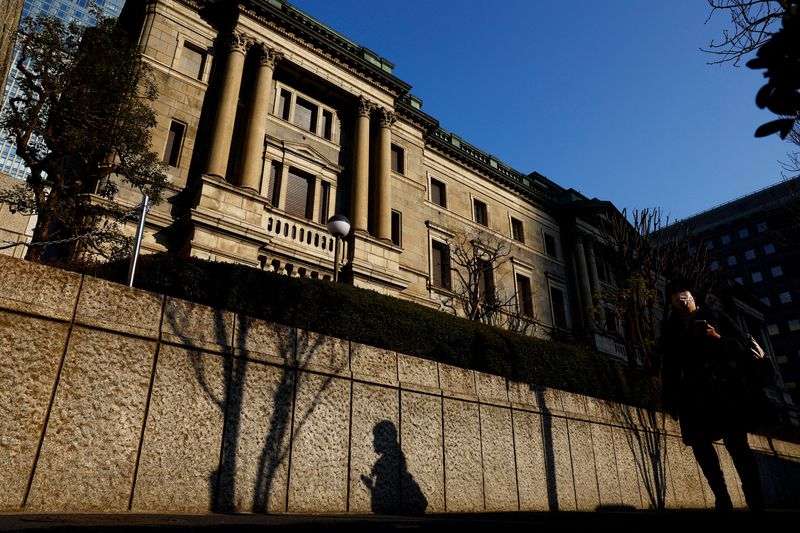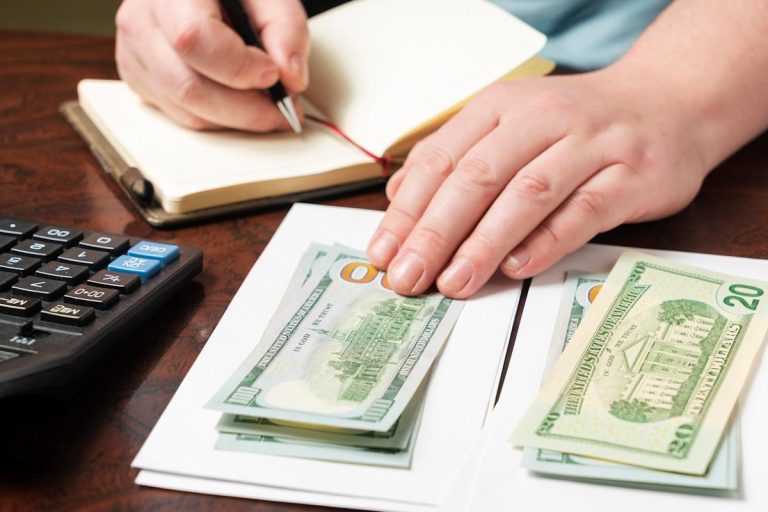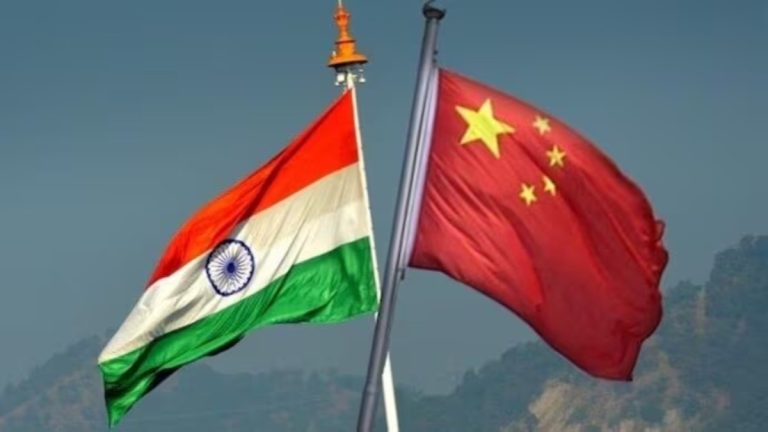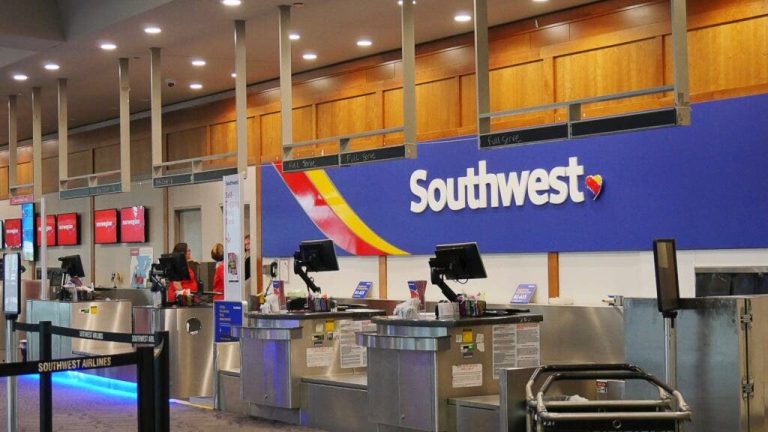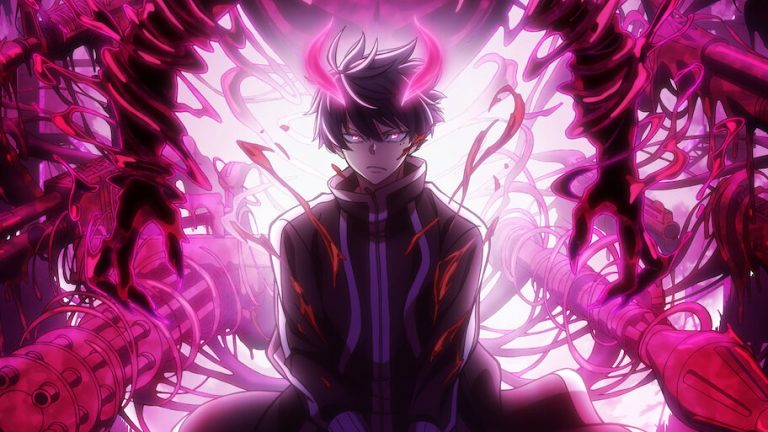By Leika Kihara
KOCHI, Japan (Reuters) -Japan’s trade deal with the U.S. has reduced uncertainty surrounding the economy, the central bank’s deputy governor Shinichi Uchida said, signaling optimism that conditions for resuming interest rate hikes may start to fall in place.
Uchida’s remark came hours after U.S. President Donald Trump announced a trade deal with Tokyo that cuts tariffs on Japan’s mainstay automobile imports and spares Tokyo punishing new levies on some other goods.
“It’s a very big progress that reduces uncertainty for Japan’s economy,” Uchida said on Wednesday, adding that the BOJ will incorporate the deal in its quarterly growth and price projections due at the next policy meeting on July 30-31.
“Given the receding uncertainty, by definition it can be said that the likelihood of Japan durably achieving 2% inflation has heightened,” Uchida told a news conference.
BOJ policymakers have repeatedly said they need to be more convinced that inflation will sustainably hit its 2% target before raising interest rates further.
While there was still some uncertainty on how the tariffs could affect domestic and overseas economies, the BOJ was looking at both upside and downside risks to economic activity and prices, Uchida said.
“The BOJ needs to adjust monetary policy to best balance upside and downside risks from the perspective of maintaining economic and price stability,” Uchida said in an earlier speech to business leaders in the southern west city of Kochi.
He reiterated the BOJ’s resolve to continue raising interest rates if the economy and prices move in line with its forecasts.
Sources have told Reuters the BOJ’s next quarterly report will warn of uncertainty over the impact of U.S. tariffs, but may offer a less gloomy view on the near-term hit to the economy than three months ago when market volatility was at its peak.
Uchida said the trade deal would hugely reduce uncertainty for companies and, coupled with intensifying labour shortages, prod them to continue to hike wages.
The BOJ expects underlying inflation, or price rises driven by strength in domestic demand, to reach its 2% target around the latter half of fiscal 2026 through 2027, he added.
While media reports that Prime Minister Shigeru Ishiba may step down could add to political uncertainty, receding worries about a U.S.-Japan trade deal led some analysts to predict the chance of another rate hike by the end of this year.
“The trade deal with the U.S. announced today removes a key downside risk to Japan’s economy,” said Marcel Thieliant, head of Asia-Pacific at Capital Economics.
